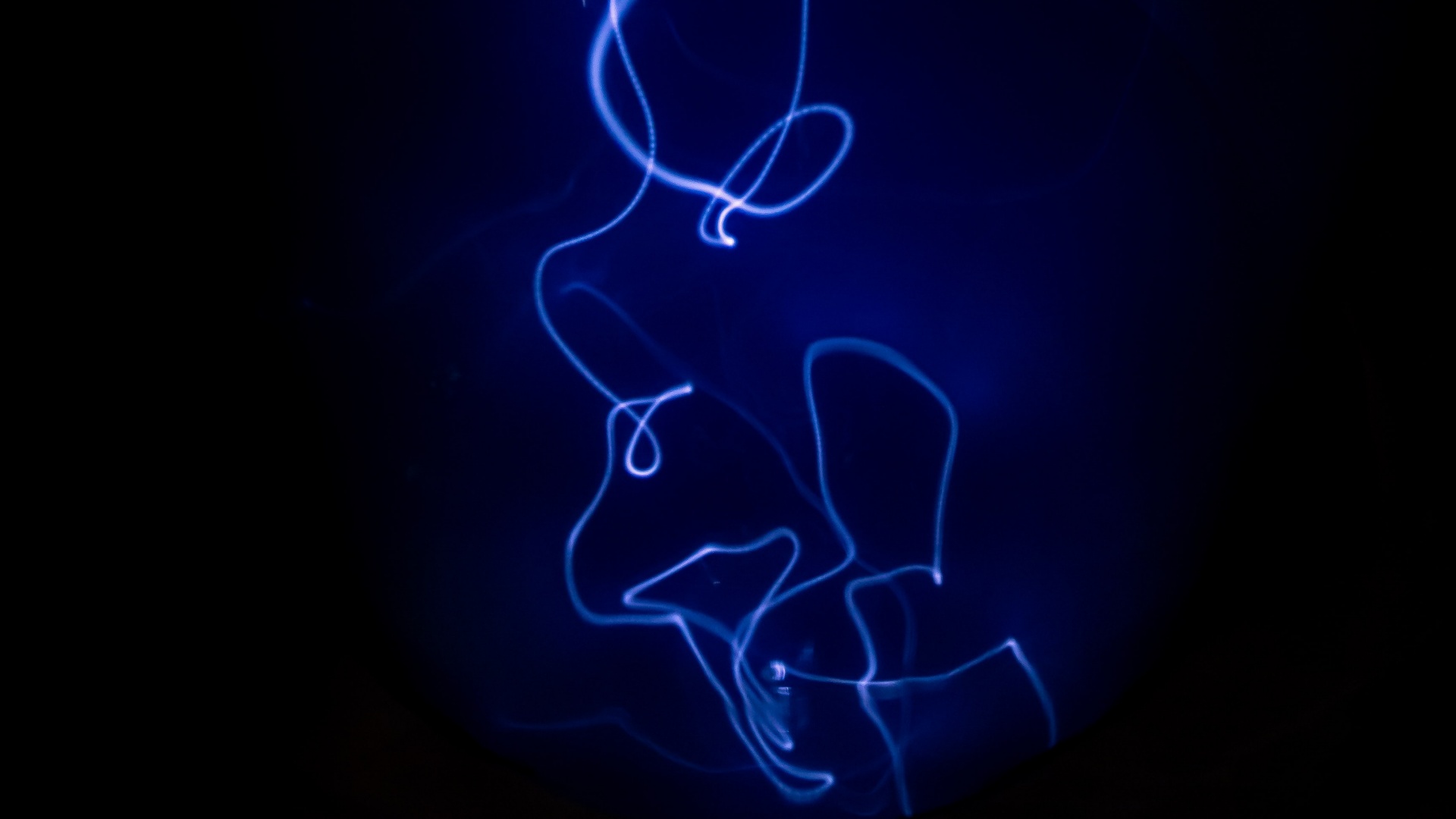In recent months there has been a surge in artificial intelligence (AI) systems, specially ones that can be used to create original artwork like DALL-E. While this interests us from a technology perspective, an important question around ownership has also gained momentum.
So much so that a US federal judge has ruled on the ability of AI systems to patent or copyright creations.
To that end, the ruling (PDF) from Leonard P. Stark, notes that these systems cannot patent or copyright as they are not humans. This decision came as the result of legal proceeding involving computer scientist Stephen Thaler, according to The Verge, who is pushing for these systems to be recognised.
According to Judge Stark, the ultimate decision lies in what we can deem an inventor to be and while there is indeed scope to look at things from a philosophical perspective as to the nature of creation, the key differentiator lies in existing legislature.
“This case presents the question of who, or what, can be an inventor. Specifically, we are asked to decide if an artificial intelligence (AI) software system can be listed as the inventor on a patent application,” he explained in the ruling.
“At first, it might seem that resolving this issue would involve an abstract inquiry into the nature of invention or the rights, if any, of AI systems. In fact, however, we do not need to ponder these metaphysical matters. Instead, our task begins – and ends – with consideration of the applicable definition in the relevant statute,” he argues.
As such, Stark is reducing the argument to one simple element – only human beings can be viewed as creators or inventors.
“The United States Patent and Trademark Office (PTO) undertook the same analysis and concluded that the Patent Act defines ‘inventor’ as limited to natural persons; that is, human beings,” he laid out.
“Accordingly, the PTO denied Stephen Thaler’s patent applications, which failed to list any human as an inventor. Thaler challenged that conclusion in the U.S. District Court for the Eastern District of Virginia, which agreed with the PTO and granted it summary judgment. We, too, conclude that the Patent Act requires an ‘inventor’ to be a natural person and, therefore, affirm,” emphasised Stark.
For now at least, it looks like AI systems are still not seen as being entitled to ownership, but given that legislature is open to reassessment, as well as it differing from country to country, the debate on this matter is far from over.
[Image – Photo by Joakim Honkasalo on Unsplash]

